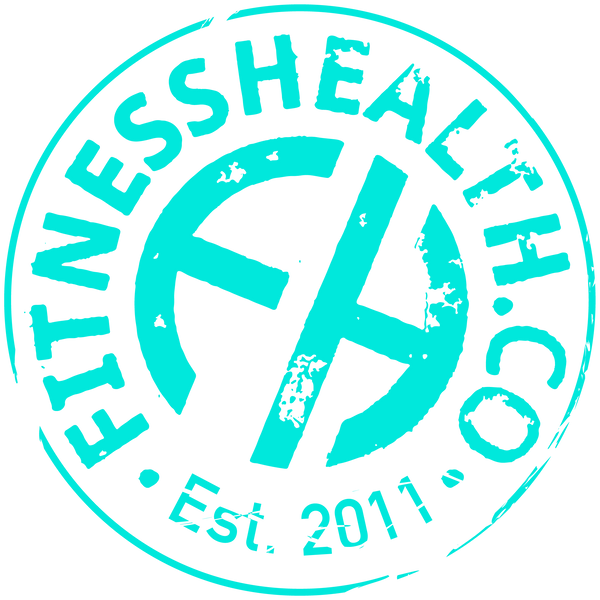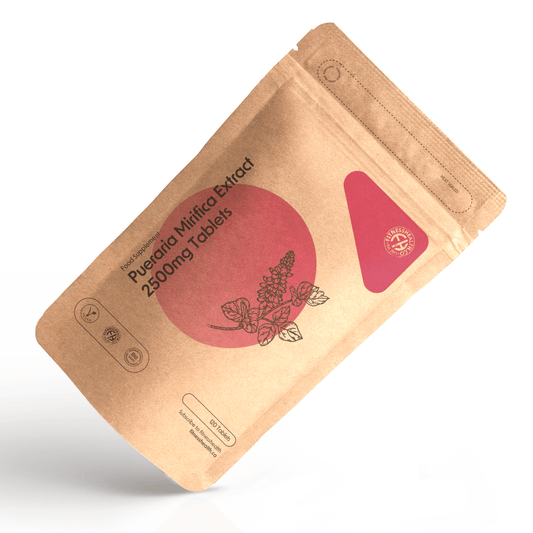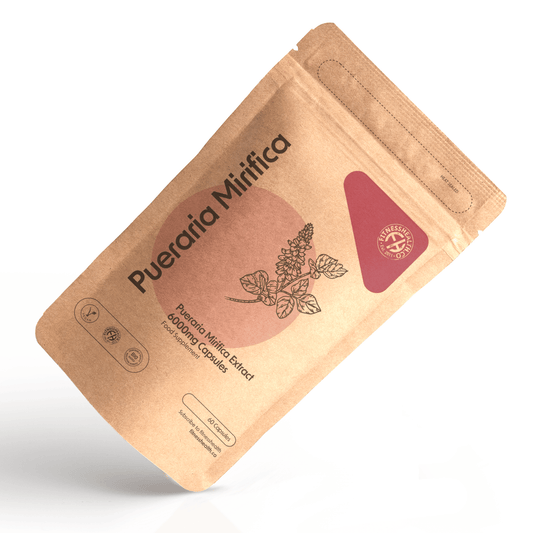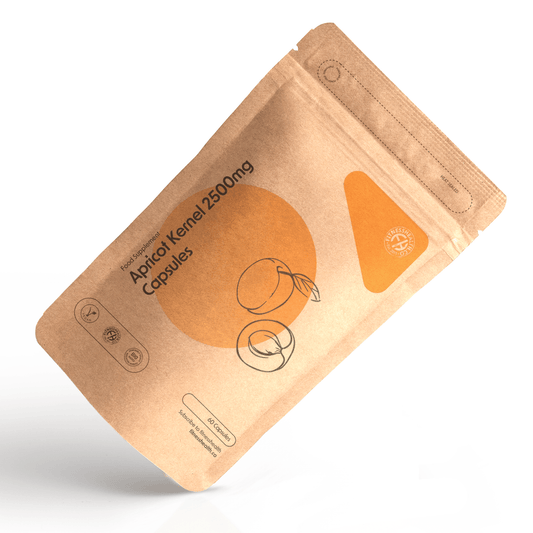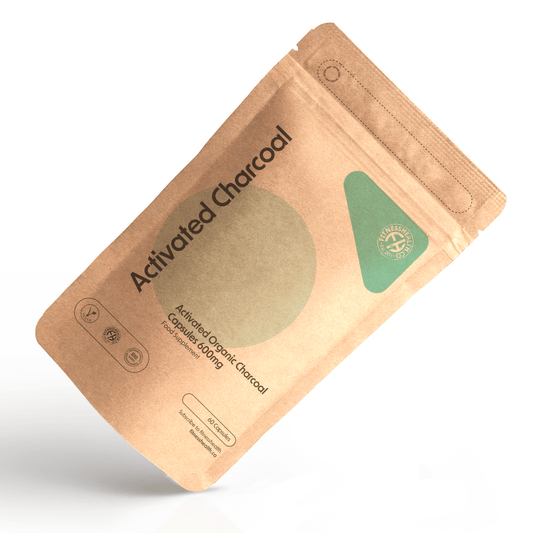
If you research body building supplements, you will likely find that creatine is something that a number of elite athletes and body builders use to help trim and tone their bodies. But what exactly does creatine do for you? Specifically, how does it help you while working out?
Workout-Related Benefits of Creatine
For starters, creatine helps fuel your body, which means more energy to complete your rigorous workouts. This makes completing your cardio and strength training routines easier, which also means that you’re more likely to not only finish them, but you’ll finish them with more than enough energy left over to still enjoy life a little too.
Creatine can also improve your performance. It does this by enhancing your body’s anaerobic capacity, which means that you have greater strength and endurance, two factors critical to excelling in sports and fitness-based competitions.
Take creatine and your workouts will likely make your muscles bigger than if you were to exercise without this particular supplement. How does this occur? Well, a property in the creatine expands muscle cells which makes them appear bigger, giving you a better looking physique.
Studies have also found that creatine is beneficial to your blood sugar, improving your body’s glucose tolerance. It also slows muscle loss related to age, helping you to retain higher levels of muscle mass as you enter into your later stages of life.
How Much Creatine Should You Take
Just as with any supplement, everyone has different needs when it comes to creatine. General recommendations fall somewhere between 5 and 12 grams daily, depending on your body weight (the more you weigh, the higher amount of creatine you can take). Ideally, you want to take it after you complete a workout as it is easier on your stomach and can help your muscles recover quicker.
Do you take creatine? If so, what benefits have you experienced?
